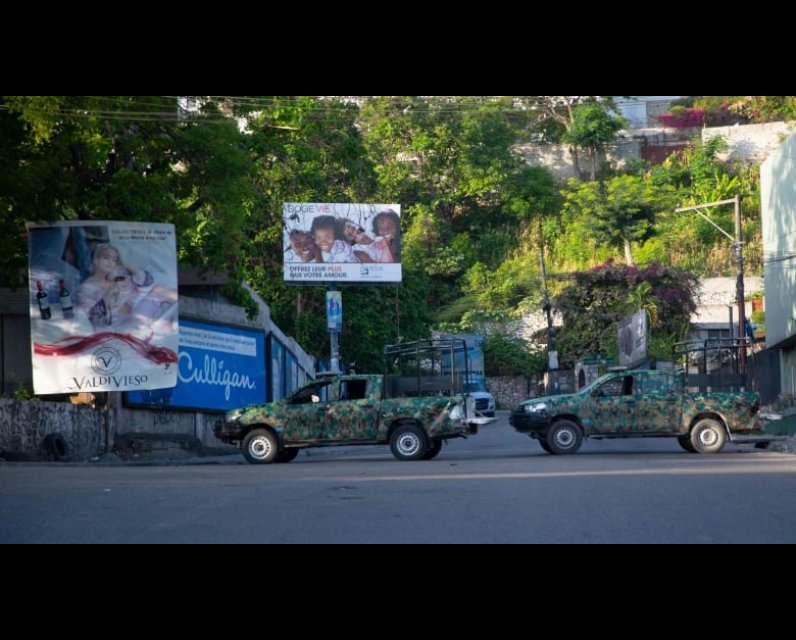Unpublished Opinions
The Ottawa Peace and Environment Resource Centre (PERC) is an incorporated, registered charity. It is primarily a volunteer-run, grassroots organization with a Board of Directors to govern its operations. The PERC was founded in January, 1983, by a group of concerned Ottawa residents who wanted to take action on peace issues of the time. The first newspaper - then called the Ottawa Peace Resource Calendar - was published in November 1985, and the Peace & Environment News (PEN) produced today continues that tradition.
We focus on peace, social justice and environmental issues, with an emphasis on local activities.
Our main activities include:
- Working with Ottawa area non-profits and place-based community groups through partnerships, web hosting, promotion, and cooperation towards a more peaceful, sustainable and socially just world.
- Operating a resource centre with books, periodicals, and multimedia resources on environmental, peace, and social justice issues.
- Facilitating “PERCshops” on various topics, often in partnership with other groups.
- Acting as a network hub for people and organizations who want to find information and take action locally on issues that matter to them.
- Distributing the PEN, an accessible alternative local quarterly publication that addresses topics of peace, environment and social justice.
Our publication, the Peace and Environment News (PEN) is distributed through the local library and community centre networks, as well as to various local businesses and gathering places by our team of volunteers. It is available for FREE in these locations. Members receive the PEN mailed directly to their homes and inboxes in exchange for their generous support. To subscribe to the PEN - or give a gift subscription, simply make a tax-deductible donation.
The PERC gratefully acknowledges the support of these many private and business donors, our partners, as well as the contributions of the Ontario Trillium Foundation and the Ottawa Community Foundation.
Has Canada contributed to ongoing unrest in Haiti?

Stefan Klietsch is one of two Sustaiunability Interns working with PERC until the end of December.
On July 7th of this year, the world was shocked to learn of the assassination of the President of Haiti Jovenel Moïse by unknown assailants. At the time of this print, the reasons for the killing remain unclear. We at PERC extend our condolences to the family of the late President.
That being said, some Canadians may also be surprised to learn that Jovenel Moïse was increasingly governing Haiti in a dictatorial manner, asserting the powers of the Presidency long after other institutions of the state had declared his Presidential term as expired. Many Canadians may further be shocked to learn that Canadian foreign policy has not only been supportive of Moïse as he had asserted dictatorial powers, but has also been supportive of anti-democratic movements in Haiti for some time.
As far back as 2003, Canada hosted the "Ottawa Initiative on Haiti" welcoming U.S. and French governments in a discussion regarding overthrow of Haiti's then-President Jean-Bertrand Aristide, while not involving actual Haitian officials in said discussion. Thirteen months later Aristide would resign the Haitian Presidency amidst the presence of American and Canadian troops in his country, a resignation that he would allege would be the result of kidnapping and extortion by American troops.
Over the years between Aristide's "resignation" and the calamitous earthquake and beyond, Canada has remained a recurring military presence in Haiti albeit alongside UN forces. One would be strained to recall a world leader ever suggesting that Haiti has ever been a security threat to international peace similar to the likes of North Korea or Iran, yet Haiti has been uniquely host to a large military presence (or occupied?) all the same. Where Canadian soldiers have not been present in Haiti, Canadian police or funding have been committed to train and support Haitian police forces.
Fast forward to February of this year. The Canadian Foreign Policy Institute drafted a letter to the Prime Minister which cast doubt upon President Moïse's legitimacy, accused the Haitian government of repressing opposition protests and setting the stage for violence, and pleaded the Government of Canada to stop offering material support to Haitian police and diplomatic support to its President. The letter was signed by over 150 activists and artists such as Naomi Klein, David Suzuki, Noam Chomsky, and Stephen Lewis. Their pleas were ignored.
At worst, it would seem that Canadian foreign policy towards Haiti has been colonial in motive, undermining popular Haitian democracy for the sake of imposing Haitian leadership more likely to protect Canadian interests in cheap Haitian labour or minable resources. At best, it would seem that Canadian foreign policy towards Haiti has been guided by the motive of unsolicited paternalism, a notion that Canadian bureaucrats know what is best for Haitians' own country. Or that Canadian policy in Haiti is based upon simple appeasement of American interests there.
If Haiti's own security forces were involved in the killing of Jovenel Moïse (his own security detail was left untouched by the attack), it would be to Canada's shame if those security forces had any support or training from Canadian officials. The mere possibility of that being the case is cause for serious reflection on Canada's Haiti policy.
Canadian foreign policy is obliged to learn from its mistakes. Past Canadian involvement in Haiti clearly has not led to a more democratic and peaceful state in that country, so it is long past time for Canada to do differently.
It is time for Canada to take a hands-off approach from Haiti and let Haitians choose their political future for themselves, or else to decide Haitian policy primarily based upon the feedback of Haitian civil society. Else the assassination of Jovenel Moïse will mark the beginning, not the end, of many further political and civilian tragedies in Haiti's future.



Comments
Be the first to comment